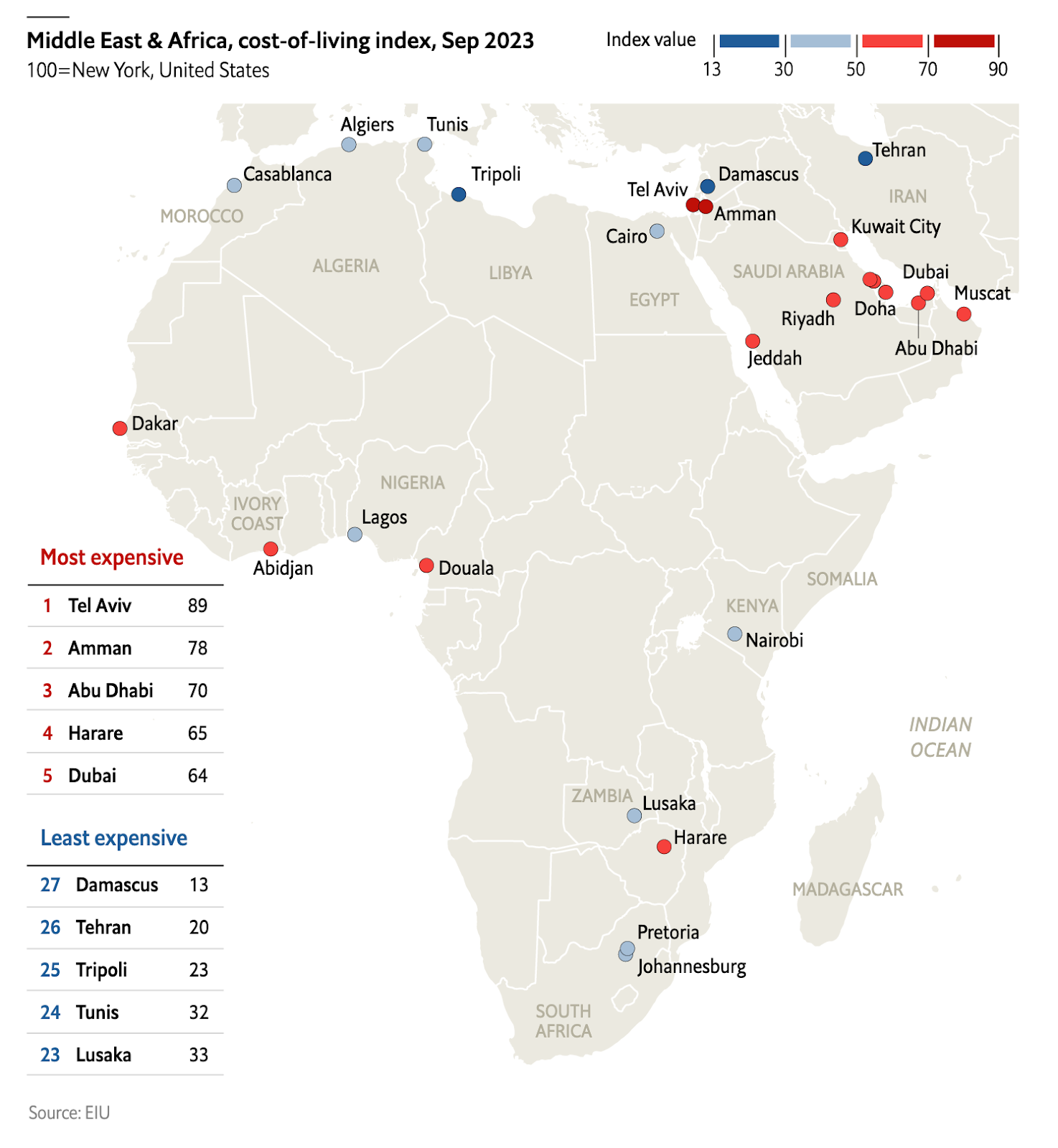Issue 171: Looking back on 20 Years of 'Like'
Welcome to Backstory, a weekly newsletter turning global technology shifts into a three-minute read. This week, we’re thinking about social media.– Mary Ames, Director of Strategy
THE BIG TAKE
Looking back on 20 Years of 'Like'
This month marks the 20th anniversary of Facebook’s creation. This pivotal moment in social media history highlights how the internet has connected people over the last two decades. Launched in February 2004, Facebook revolutionized how people connect, share information, and interact online. It laid the groundwork for the social media landscape, influencing countless platforms that followed. Facebook's legacy is how it paved the way for a new era of digital interaction, impacting everything from personal relationships to global politics.
A new global society. Looking ahead, the next 20 years promise a radical departure from the first two decades of Facebook and social media at large. Emerging technologies like artificial intelligence, augmented reality, and blockchain are set to redefine user experiences and content authenticity. The integration of these technologies suggests a future where social media platforms could offer more immersive, secure, and personalized experiences. However, this evolution also presents new challenges and ethical considerations, particularly concerning data privacy and misinformation, necessitating a reimagined framework for social media governance and innovation.
Safeguarding our mental health. One crucial lesson is the paramount importance of mental health in the age of social media. The pervasive influence of platforms like Facebook has spotlighted issues such as screen addiction and the impact of social comparison on self-esteem and well-being. This realization underscores the need for governments and tech companies to collaborate more closely in crafting policies and mechanisms safeguarding mental health. Proactive measures, including digital literacy education, mental health awareness campaigns, and the development of healthier platform designs, are essential to ensure that social media serves to enhance, rather than undermine, our collective well-being in the years to come. It’s in our hands.
QUOTE OF THE WEEK
“Like our stomachs, our minds are hurt more often by overeating than by hunger.”
– Petrarch, Poet
CHART OF THE WEEK
This week, we are thinking about the cost of living. With the rise in remote work, cost of living concerns hit differently. The Economist does a great job charting the cheapest and most expensive cities to call home.
OUR VIEWS THIS WEEK
Prioritizing Digital Well-Being: In today's tumultuous times, with ongoing global challenges and the undeniable lure of digital devices, it's crucial to prioritize our digital well-being. The habit of endlessly scrolling through our phones not only feeds addiction but also impacts our mental health. Taking a proactive step, such as dedicating a mere thirty minutes daily to disconnect, particularly before sleep, can significantly enhance our mental state. For a deeper dive into effective strategies for maintaining digital health, explore the insights published by Xische on this vital topic.
Addressing AI Bias: The challenge of bias in AI and advanced algorithms transcends technical hurdles, anchoring deeply in human influence. The creators of these guiding algorithms hold the key to the problem and its resolution. This week, we delve into strategies for mitigating bias, highlighting the unique position of tech-centric smaller states like the UAE in spearheading such initiatives. Explore our analysis to understand their strategic advantage.
SPOTTED ELSEWHERE
The future of AI. The academic Eliezer Yudkowsky warns of an AI-driven apocalypse on the near horizon. We have circled around this issue in the past, but it’s always important to keep tabs on the current discourse. This piece in the Guardian highlights how Neo-luddites, from London podcasters to New York artists, currently critique technology's unchecked rise and its societal impacts. They call for a thoughtful evaluation of innovations, ensuring technology serves all, not just the elite. Amid these concerns, there's a push for legislative reforms and a societal shift in how we engage with technology.
Life without coffee? Caffeine, the world's most favorite stimulant, is found in more than just coffee and tea, affecting everything from our sleep to our mood with its pervasive presence. Despite its perks, too much can lead to side effects like jitters and insomnia, prompting some to consider cutting back. Reducing caffeine can improve sleep quality, reduce anxiety, and even brighten your smile, thanks to less exposure to teeth-staining substances. If this strikes you as something to consider, a gradual approach is best to avoid withdrawal symptoms like headaches and fatigue.













